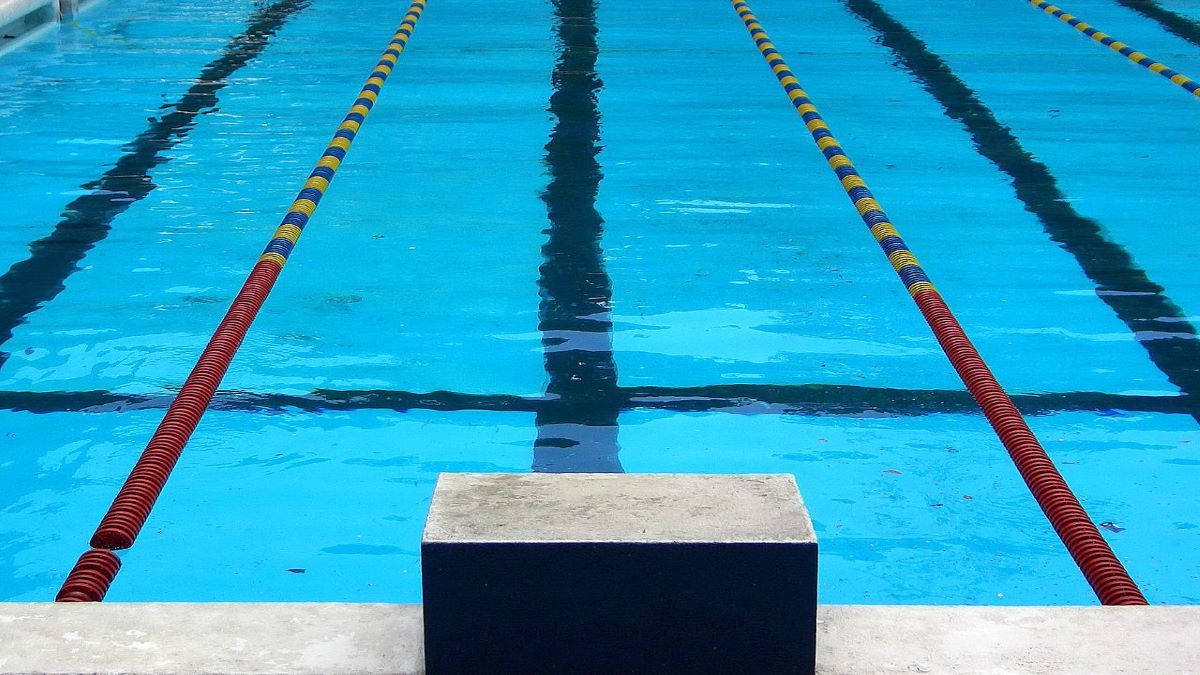TOLEDO, Ohio (Legal Newsline) - An Ohio recreational district is immune from claims it caused the death of a 15-year-old who disappeared after diving off a platform and failing to come back up to the surface, an appeals court ruled.
The administrator of the estate of the boy, identified only as P.S., sued the Sylvania Area Joint Recreation District over the 2019 accident, which occurred during a field trip to the Centennial Quarry. P.S. was among a group of children under the supervision of Matt Anderson, a “teaching parent” at a residential care facility.
A trial court allowed the case to proceed, ruling the plaintiff had established an exception to the general rule that municipalities are immune liability for ordinary negligence. The trial judge ruled there were questions of fact over whether the quarry had a “physical defect” – one exception under the law – and whether the defendants were guilty of more than mere negligence.
The Sixth District Court of Appeals reversed both in an Oct. 14 decision, finding there was no evidence of a physical defect and therefore SAJRD was immune from suit.
Anderson testified the swimming area was crowded with at least 200 swimmers on the day P.S. died and there were three lifeguards. He snorkeled a while and didn’t see any dangerous underwater obstructions. He also jumped from the diving platform twice before being told P.S. was missing. At first he thought the youth had run away.
The plaintiffs conceded SAJD was a governmental entity entitled to immunity but said it didn’t apply because of physical defects at the quarry, including “unfiltered and cloudy” water and lifeguard stations that were too low to see swimmers underwater. Their expert, Brett Galambos, acknowledged P.S. was an experienced swimmer who showed no sign of difficulty prior to jumping from the platform but said the lifeguards were too far away to monitor him.
In support of immunity, the defendants cited a decision by Ohio’s Third District Court of Appeals rejecting the physical defect exception in a similar lawsuit involving a swimmer who drowned in a quarry. But the Eighth District allowed it in another drowning case, where the lifeguard testified her chair was too low to see the victim and a higher chair hadn’t been used for a long time.
This case was more like the former, the Sixth District concluded. The SAJD quarry had plenty of lifeguard stations, high and low. The problem, if any, “lies in the staffing of the lifeguard stations, not the design and placement of the lifeguard stations,” the court concluded.
